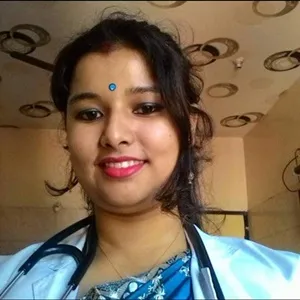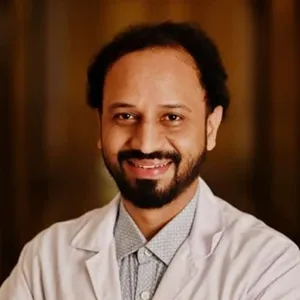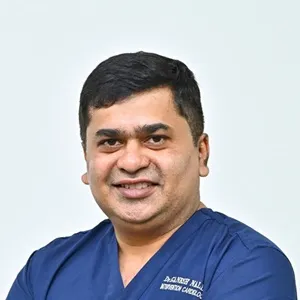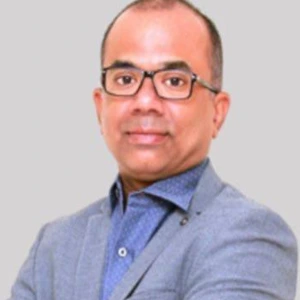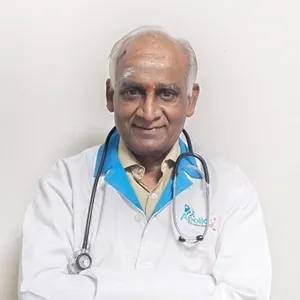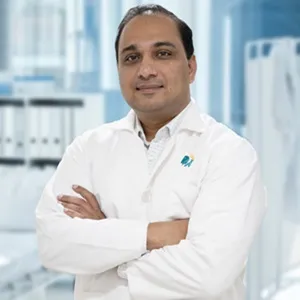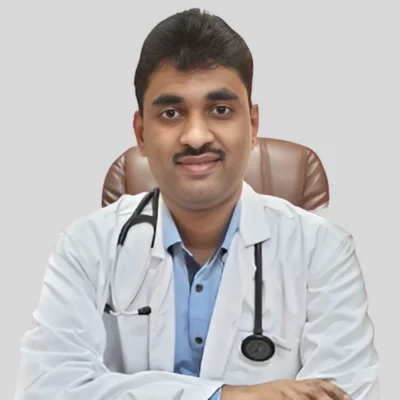Services
Heart Failure
Understanding Heart Failure:
The first, and most important thing to realize when dealing with a heart failure, is to understand that this condition is very different from a heart attack, nor does it mean that your heart has stopped working. A heart failure, to be clear, means that your heart&'s pumping power is weaker than normal. This means that the blood which moves through the heart and body does so at a slower rate, thus increasing the pressure in the heart. This results in the heart not being able to pump enough oxygen and nutrients to meet the body&'s requirements.
Symptoms Of A Heart Failure:
Heart failure is not a disease by itself, but the accumulation of a number of signs and heart failure symptoms that can be caused by a number of disorders. The severity of the symptoms of heart failure will depend on the nature of the underlying cardiac disease, and the rate at which this condition can develop.
Symptoms of heart failure are caused due to congestion and fluid collection in the lungs, legs or abdomen, and the heart&'s inability to pump efficiently enough to match the demands of the organs and tissues in the body. Signs of heart failure can include:
- Sensation of breathlessness or an uncomfortable awareness of breathing due to fluid build-up in the lungs. This can also surface as a dry, hacking cough or wheezing.
- Less blood to the kidneys, which causes fluid and water retention, resulting in swollen ankles, legs, abdomen and weight gain. This heart failure symptom can also result in increased need to urinate, bloating of the stomach, loss of appetite or nausea.
- Dizziness, fatigue or weakness, caused by less blood being supplied to major organs or muscles, which can make you feel tired or weak. Less blood to the brain can also cause dizziness or confusion.
- Rapid or irregular heartbeats: During a heart failure, your heart tries to pump enough blood to the body, which can cause a rapid or irregular heartbeat.
Causes of Heart Failure:
Heart failure can be caused by a number of conditions that damage the heart muscle. This includes:
- A coronary heart disease: This is a disease that affects the arteries and the amount of blood and oxygen that is supplied to the heart, resulting in a decrease of blood flow to the heart muscle. In cases where the arteries become blocked or severely narrowed, the heart can be beret of oxygen and nutrients.
- A heart attack: Heart attacks occur when a coronary artery gets blocked, stopping the flow of blood to the heart muscle. This condition can result in damage to the heart muscle, resulting in scarred areas that may not function well.
- Cardiomyopathy: Other issues, like infection, alcohol or drug abuse, can result in damage to the heart muscle.
- Conditions that can result in heart overwork: Conditions like high blood pressure, valve disease, thyroid disease, kidney disease, diabetes or heart defects can cause heart failure.
Treatment of Heart Failure:
The first step for heart failure treatment requires the underlying cause of this condition to be arrested and removed. While general health measures include getting enough rest, administrating oxygen, sedation, or salt and fluid restriction, your doctor can prescribe medication that will include:
- Diuretic drugs that can decrease the fluid overload
- Medication that can decrease the filling pressure within the heart
- Medication that can decrease the stress on the heart
- Drugs that can improve or strengthen the heart muscle&'s performance
- Medication that can improve or prevent adverse changes in the heart
- Medication that can help to improve survival, and decrease the need for hospitalization.
- Drugs that can help prevent dysrhythmic
- Drugs that can prevent blood clotting
- Drugs that can help to treat hypertension, diabetes and coronary artery disease.
In cases where these treatment procedures may not be effective, your doctor may also suggest the use of surgical treatment, which can include Coronary Artery Bypass Graft Surgery, to treat ischemia, valvular disease surgery, to help restore heart size and geometry, as well as ventricular assist devices. In extreme cases, a heart transplant may also be suggested.
The Apollo Clinic Experience:
At Apollo Clinic, our team of specialists are here to help you through this trying time. Our expert internists, cardiologists and heart failure specialists will help to accurately diagnose the underlying cause that is resulting in distress to the heart muscles.
This will include a complete analysis of your case history, accurate measurement of symptoms as well as tests that include blood tests, Chest X-Ray, echocardiogram, ejection fraction, stress tests, cardiac catheterization, CT coronary angiogram and cardiac MRI.
Post evaluation, the correct treatment procedure will be suggested and implemented by our experts, which will be conducted at our state-of-the-art facilities, which are managed by trained nursing staff and personnel. If you feel that you, or someone you may know, is suffering from the symptoms of heart failure, immediately get in touch with our specialists timely intervention and support



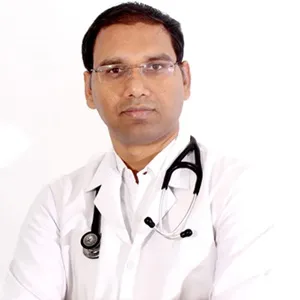
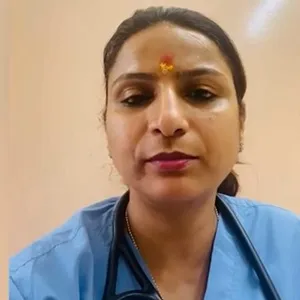
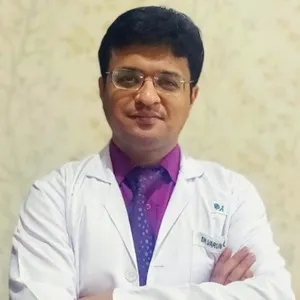
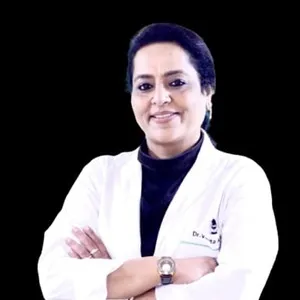


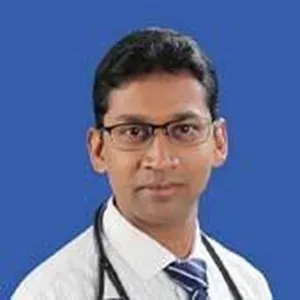



.jpg)
